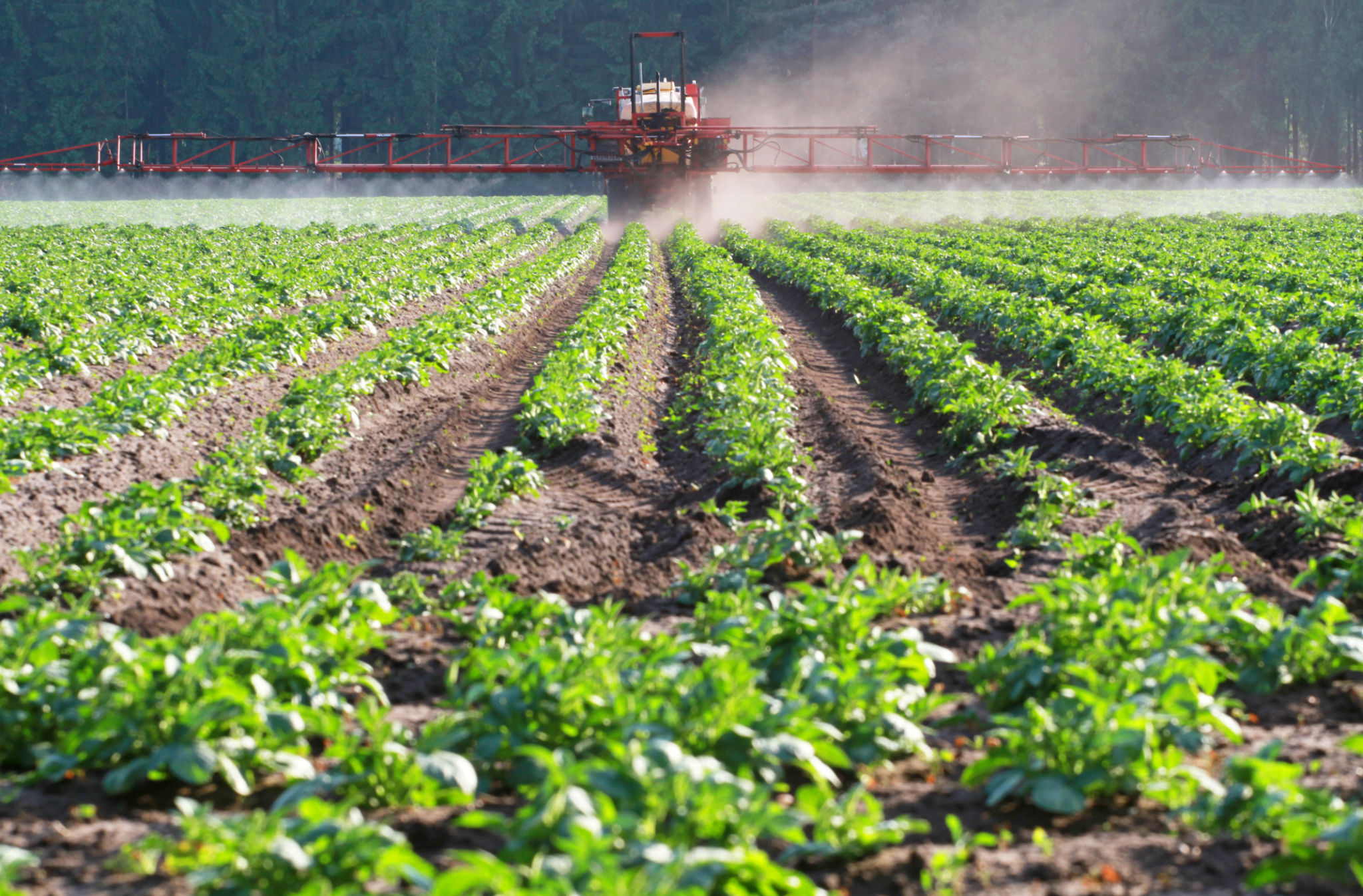Comprehensive Guide to Weed Control Products for Limpopo Farms
Understanding Weed Control in Limpopo
Weed control is an essential aspect of farming in Limpopo, where diverse plant species can threaten crop yields. The region's warm climate and unique soil conditions make it fertile ground for various weeds that compete for resources with crops. Implementing an effective weed management strategy is crucial for maintaining healthy crops and maximizing productivity.

Types of Weed Control Products
Farmers have a variety of weed control products at their disposal, each designed to target specific types of weeds. These products can be broadly categorized into three groups:
- Herbicides: Chemical solutions that kill or inhibit the growth of unwanted plants.
- Organic Solutions: Natural alternatives that are environmentally friendly and safe for crops.
- Mechanical Tools: Equipment used to physically remove weeds from the soil.
Herbicides: A Popular Choice
Herbicides are among the most commonly used products for weed control due to their effectiveness and ease of application. They come in two main types: selective and non-selective. Selective herbicides target specific weed species without harming crops, while non-selective herbicides eliminate all plant life in the treated area.

When choosing a herbicide, it's important to consider factors such as the type of crop, the weed species present, and the product's environmental impact. Always follow the manufacturer's instructions for safe and effective application.
Embracing Organic Solutions
Organic weed control solutions are gaining popularity among farmers who prioritize environmental sustainability. These products are typically derived from natural sources and include options like vinegar-based solutions, essential oils, and biological controls such as specific insects or microorganisms that target weeds.
While organic solutions may not be as immediately potent as chemical herbicides, they offer a safer alternative for the ecosystem and can be used in conjunction with other methods for integrated weed management.

Mechanical Methods for Weed Control
Mechanical weed control involves the use of tools and machinery to manually remove weeds. Common methods include plowing, hoeing, and mowing. These methods can be labor-intensive but are effective for managing weeds without chemical inputs.
Investing in modern equipment designed for efficient weed removal can save time and reduce physical strain, making mechanical control a viable option for many farmers in Limpopo.
Integrated Weed Management
For comprehensive weed control, many farmers adopt an integrated approach that combines chemical, organic, and mechanical methods. This strategy allows for flexibility and adaptation to changing conditions, ensuring that weeds are managed effectively throughout the growing season.
By monitoring weed populations and understanding their life cycles, farmers can plan targeted interventions that reduce reliance on any single method, thereby enhancing sustainability and crop health.

Conclusion
Effective weed control is vital for the success of farms in Limpopo. By understanding the range of available products and integrating different techniques, farmers can protect their crops and boost their yields. Whether you choose chemical, organic, or mechanical methods, the key is to tailor your approach to the specific needs of your farm and the challenges posed by local weed species.